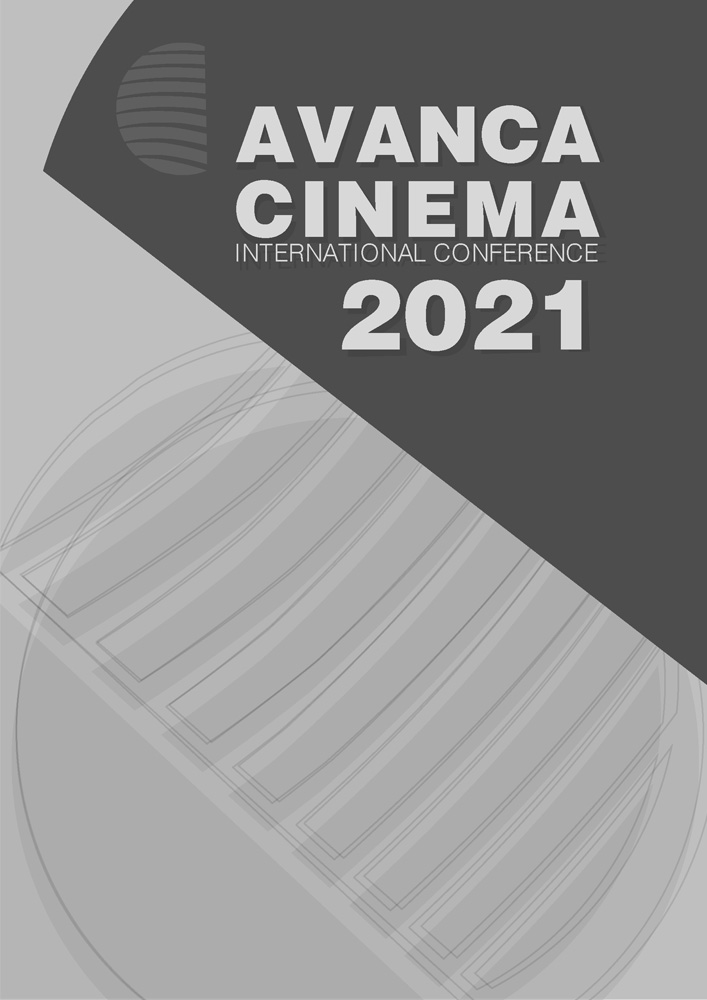Chapter III _ Cinema - Communication
Cinema and Political Communication – The Anteroom of the Military Coup of 1964
Abstract
Short films in a documentary format of political propaganda authored by IPES - Institute of Research and Social Studies, which acted in the Brazilian political scene, intervening in the State and society until the occurrence of the Military Coup of 1964.
The Institute, through a gigantic campaign, which included films, had as objective to mold the public opinion through democratic ideals turned to the liberal principles with focusing on “impeding the solidarity among working class, containing the unionization and mobilization of the farmers, supporting the right ideological cleavage in the ecclesiastic structure , disaggregating the Student Movement and blocking the national reformist forces in the Congress and, at the same time, mobilizing the middle classes as manipulated mass of the organic elite” . (DREIFUSS, 1981.p.281).
In this campaign, they appropriated the power that the cinema was capable of exerting in that period as well as the characteristics of the environment, as the allure over the spectator and the capacity to operate in the subjectivity due to certain social and ideological formations, the use of the emotional and manipulative appeal, as the example of the soviet and German films of political propaganda.
Our proposal is to discuss the filmic speech and the thematic presented, based on the following guidelines: political speech, presentation of patriotic symbols, bond of union (nation, people), the heroism and victory, besides the matter of order casted under religious aspect addressed on the IPES films.

This work is licensed under a Creative Commons Attribution 4.0 International License.

